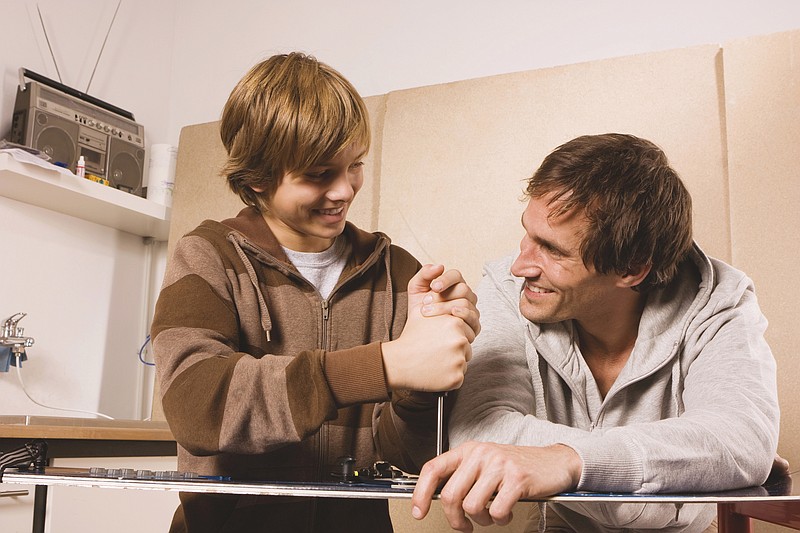Bill has been taking a class on the Science of Happiness. This past week covered the topic of gratitude.
A recent study by Giacomo Bono, California State University-Dominguez Hills, and Jeffrey Froh, Hofstra University, found that, "Gratitude played an important role in many areas of positive mental health of the teens in our study. Increases in gratitude over a four-year period were significantly related to improvements in life satisfaction, happiness, positive attitudes and hope."
Teens with the most gratitude by the end of the study period had a higher sense of meaning and were more satisfied with their lives.
So what is gratitude? An 11-year-old in one of the studies conducted by Bono and Froh described gratitude this way: "Being thankful isn't just saying thanks. It's a divine feeling that isn't hideable. When you truly are thankful, you will do something in return because you owe it to the person and society."
We don't talk much about gratitude. We can easily take things for granted and start to assume that we're responsible for all the goodness that happens in our life. But our success is built upon the contributions, assistance and guidance of others. According to Robert Emmons, University of California-Davis and considered the world's leading scientific expert on gratitude, it allows us to celebrate the present, blocks toxic, negative emotions like envy, resentment and regret, makes us more stress-resistant and produces a higher sense of self-worth.
As Emmons has said, "In gratitude, you should not focus on how inherently good you are, but rather on the inherently good things that others have done on your behalf."
So what is a grateful teen? Grateful teens are thankful for their lives and respond positively to the good people and things they encounter. According to Bono and Froh, "Gratitude may be strongly linked with life skills such as cooperation, purpose, creativity and persistence and, as such, gratitude is a vital resource that parents, teachers and others who work with young people should help youth build up as they grow up."
Teens who are grateful feel some indebtedness, are aware of the contributions of others, experience compassion, exhibit optimism and a sense of worth and possess a certain enthusiasm and a joy of life.
How do you foster gratitude in your teens? Have your teen write down on a weekly basis what she is thankful for. This focuses the mind on blessings and gets her in the habit of appreciating the good things that happen in her life.
Have your teen write a letter of gratitude to someone he hasn't adequately thanked and then have him read it to that person. It becomes a blessing to your teen and to the recipient.
As we head into Thanksgiving, let us be thankful for gratitude and its many benefits to social interactions and our own personal health. As Emmons has said, "I've concluded that gratitude is one of the few attitudes that can measurably change people's lives."
Tom Tozer and Bill Black are authors of "Dads2Dads: Tools for Raising Teenagers." Like them on Facebook and follow them on Twitter at Dads2Dadsllc.com. They are available for workshops. Contact them at tomandbill@Dads2Dadsllc.com.

